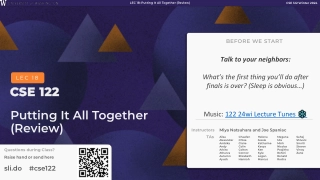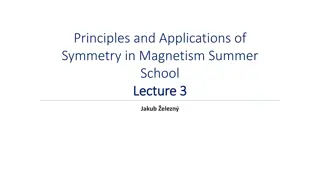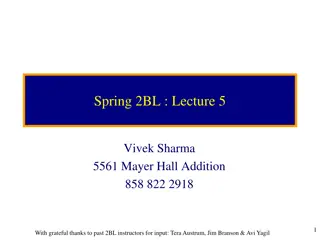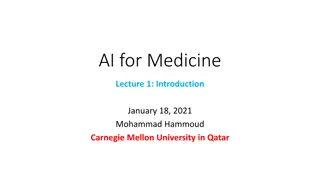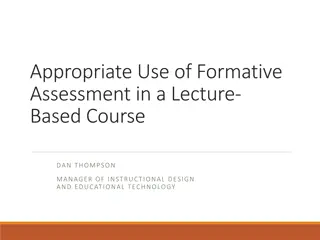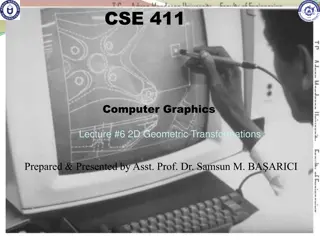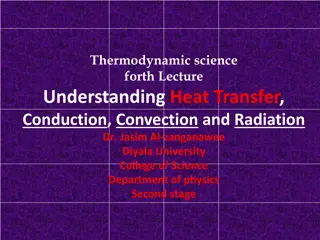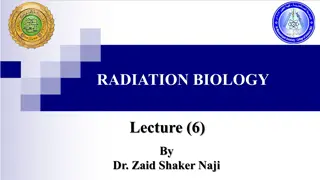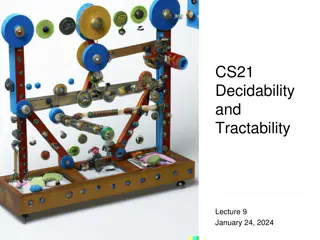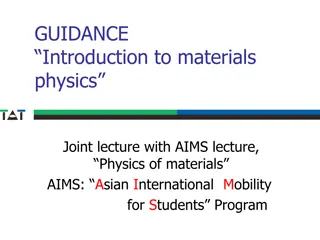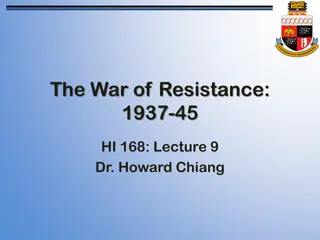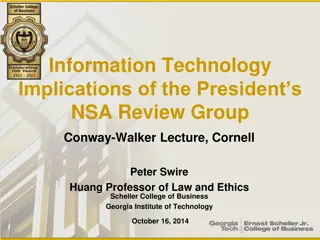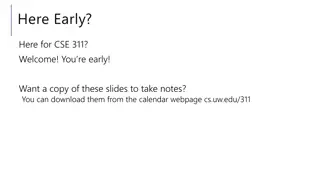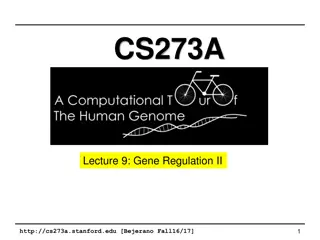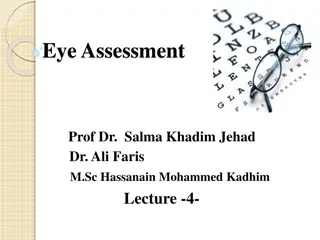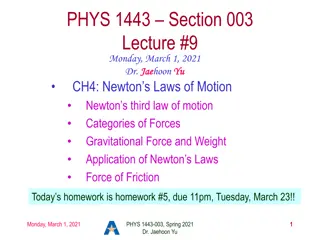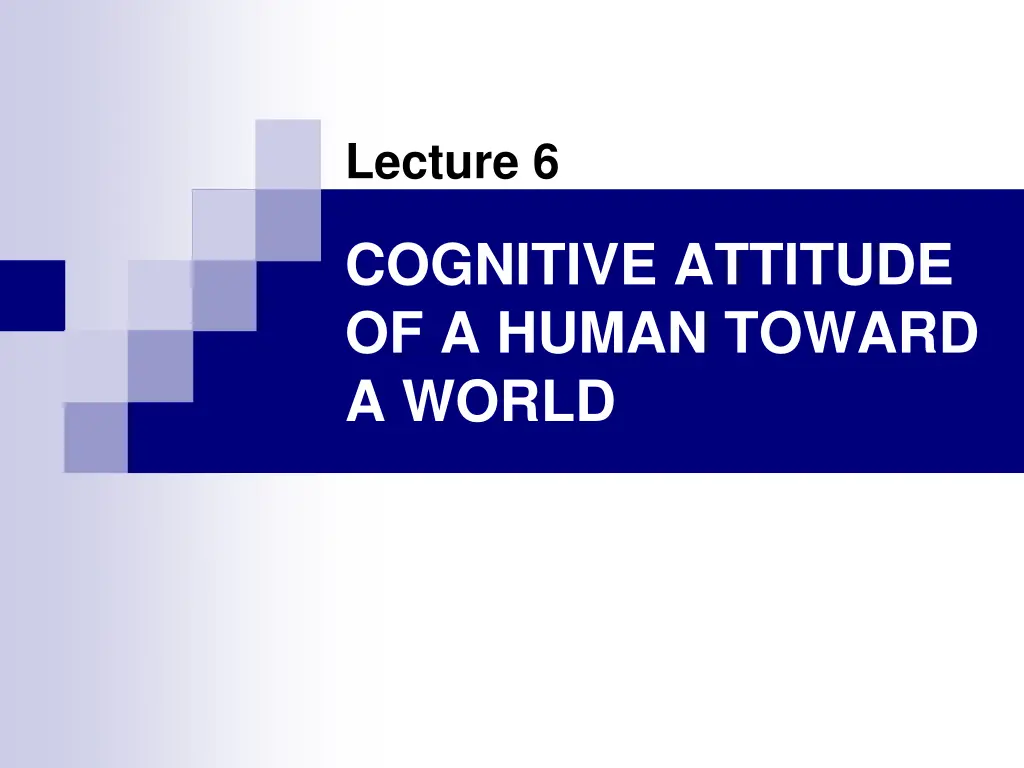
Cognitive Attitude in Human Philosophy
Explore the cognitive attitude of humans towards the world through discussions on gnoseology, knowledge theories, belief, truth, error, and the relationship between belief and knowledge.
Download Presentation

Please find below an Image/Link to download the presentation.
The content on the website is provided AS IS for your information and personal use only. It may not be sold, licensed, or shared on other websites without obtaining consent from the author. If you encounter any issues during the download, it is possible that the publisher has removed the file from their server.
You are allowed to download the files provided on this website for personal or commercial use, subject to the condition that they are used lawfully. All files are the property of their respective owners.
The content on the website is provided AS IS for your information and personal use only. It may not be sold, licensed, or shared on other websites without obtaining consent from the author.
E N D
Presentation Transcript
Lecture 6 COGNITIVE ATTITUDE OF A HUMAN TOWARD A WORLD
Gnoseology a theory of knowledge Much of the debate in this field has focused on the nature of knowledge and how it relates to the notions such as truth, faith (belief), error, falsehood
Cognition is a result of dialectical interaction of object and subject of perception
The aspect of the main question of philosophy: is the world knowable? Those who believe that the world is principle unknowable are called agnostics
Some agnostics, while recognizing the objective existence of the world, deny its knowability (Kant), others regard the very fact of the world's objective existence as something unknowable (Hume)
The relationship between belief and knowledge is subtle. Believers in a claim typically say that they know that claim. Knowledge implies belief Belief is knowledge if the belief is true, and if the believer has a justification (reasonable and necessarily plausible assertions/evidence/guidance).
A false belief is not considered to be knowledge. If someone believes something, he or she thinks that it is true but may be mistaken. This is not the case with knowledge. For something to count as knowledge, it must actually be true. Error is an idea or a combination of ideas and images that arise in the mind do not correspond to reality but are regarded as true Error is honest untruth . Unlike error, falsehood or deception is dishonest untruth
Truth and error are two contradictions of the cognitive process Truth is a complex, contradictory process in which error is constantly overcome through the development of knowledge, while truth itself becomes increasingly complete and profound
Objective truth its content does not depend on the subject, his intentions or will
Absolute truth: is a piece of knowledge that is not refuted by the subsequent development of science but enriched and constantly reaffirmed by life
Relative truth: inexact knowledge that can be changed
WHAT ARE THE CRITERIA FOR THE TRUTH? There are three possible sources of objective evidence: the evidence of the senses the evidence of rational thought the evidence of expert testimony
The opinions of those with significant experience, highly trained or possessing an advanced degree are often considered a form of proof. But a person may not simply declare themselves an authority, but rather must be properly qualified. Despite the wide respect given to expert testimony, authority is not an infallible criterion
Conventionalism The conventionalists saw the foundation of truth in any fact that had been conventionally agreed between groups of scientists, capable of judging what should be considered true or false.
Most people consciously or unknowingly employ custom as a criterion of truth, based on the assumption that doing what is customary will prevent error. People stick closely to the principle of custom when they use common vernacular, wear common fashions and so forth; essentially, when they do what is popular. Custom is not considered a serious, or valid, test of truth
Many religions fundamentally rely on revelation as a test of truth. Revelation may be defined as truth emanating from God (or another "higher power"). This criterion may be a valid reference of truth for an individual, but it is inadequate for providing a coherent proof of the knowledge to others
Time is a criterion commonly appealed to in debate, often referred to as test of time". It means that over time false beliefs and logical errors will be revealed. Time is an inadequate test for truth. Many demonstrably false beliefs have endured for centuries and even millennia
Benefit True ideas are those that work , that are useful. The pragmatists maintain that truth is anything that justifies itself in practice, that helps to achieve the required aim
Practice is material, sensuously objective, goal-oriented activity intended to master and transform natural and social objects and constituting the universal foundation, the motive force of the development of human society and knowledge. Practice is a source of scientific cognition. Practice has many different facets and various levels of development, beginning from empirical experience and ending with rigorous scientific experiment.
Gnoseological functions of practice: It is a source of scientific cognition It is a motive force and the aim of cognition It gives cognition the necessary factual material (foundation) for generalization and theoretical processing It is a criterion of cognition
The specific of SCIENTIFIC COGNITION: Observation is an intentional, planned process of perception, carried out in order to identify the essential properties and relations in the object of cognition Experiment is a method of research by which the object is artificially reproduced or placed in certain conditions that answer the needs of the researcher
Hypothesis: is a supposition based on facts, a starting- point for investigation of a part of reality that has not been sufficiently studied It is probable knowledge, which may be proved or rejected
Theory: is an internally differentiated, developing system of objectively true, practically tested scientific knowledge that explains a law concerning phenomena in a certain field. Unlike the hypothesis, the theory provides reliable knowledge (including reliable knowledge of the probability of certain events)

